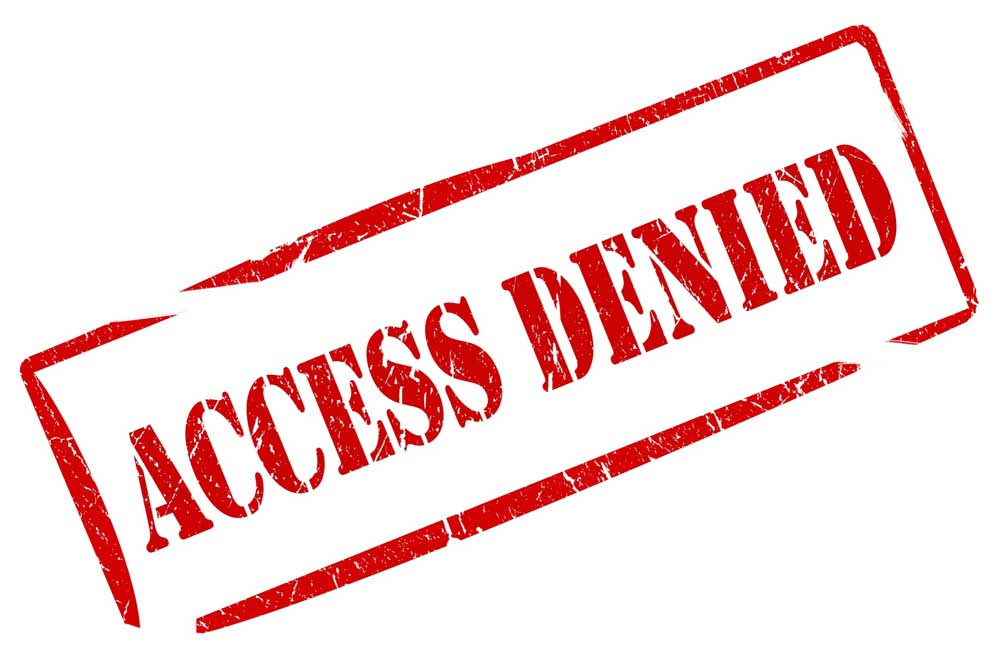Editorial: The tricky tightrope of changing Oregon’s public records law
Published 9:15 pm Tuesday, September 6, 2022

- Access denied
Any overhaul of public records law in Oregon may bring a fight. Proposals for changes to who pays for records and how much are walking a tricky tightrope.
Oregon has a relatively strong public records law. The costs of records, though, can also be a wall blocking Oregonians from monitoring their own government. The state’s public records advisory council is trying to come up with a proposal for legislation for 2023 to make records easier to get. It also wants the rules to be not too burdensome on government.
One of the ideas: Create tiers of requesters.
The media might get a discount for access and only be required to pay for duplication of records. Commercial requesters might be charged for search, duplication and review.
Others might be charged for duplication and review.
Who would decide who is media? In Illinois, the public access counselor makes those calls. In Oregon, would someone have to file a lawsuit if they disagreed with how they were categorized?
And of course, is it fair that a member of the public be charged more than a member of the media?
Another issue is when government should be paid for requests. When a request is made now, the government body often will provide an estimate of the cost. Sometimes it’s free. Sometimes it’s a few dollars. Sometimes it’s thousands of dollars. Should someone have to pay before any records are gathered?
A proposal from the public records advisory council is that governments be able to request a 25% deposit in advance.
Maybe that will work in many instances. It could be a signal of good faith from the requester to the government. But if the requester never pays in full it could mean work goes unpaid. There have also been instances where estimates were off so the final cost is much higher than what a requester expected.
Some of the problems in public records reform are not going to be addressed by this effort. For instance, government databases are not necessarily designed to promote transparency or for ease of response to public records requests. Data that is exempted from public disclosure is mixed in with data that the public should have a right to.
Shouldn’t they be separated? Shouldn’t it be required? It should be easy to release public records. But it’s not.






